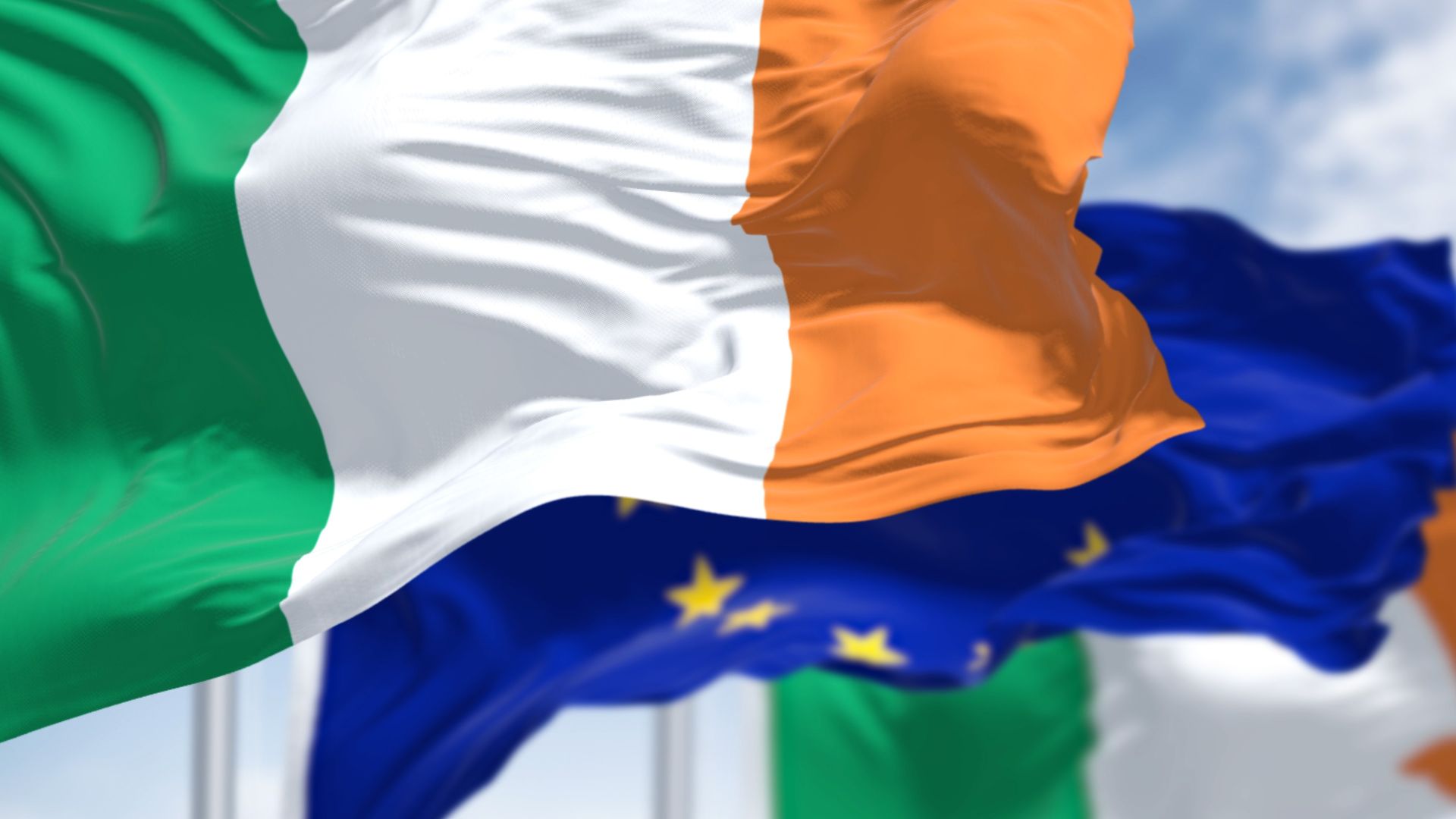Ireland wants an encryption backdoor – but privacy experts urge authorities to "reconsider their plans"
Experts also urge the Irish Government to change its position on Chat Control

Sign up for breaking news, reviews, opinion, top tech deals, and more.
You are now subscribed
Your newsletter sign-up was successful
- Privacy experts are urging Ireland to reconsider plans to create an encryption backdoor
- Experts also call on the government to withdraw support for the EU's plan to scan all citizens' private chats
- The backdoor, if implemented, would aim to support law enforcement's attempts to intercept criminal data
The Irish government needs to protect end-to-end encryption by reconsidering its plans to backdoor encrypted communications and changing its position at the EU level.
This is the pledge from a coalition of privacy experts, including over 30 signatories among civil society organizations, companies, and cybersecurity experts, including members of the Global Encryption Coalition.
"Any country that undermines encryption risks threatening the privacy and security of people far beyond its borders. But Ireland, as host to the EU headquarters of major tech companies including Apple and Meta, bears particular responsibility," reads the open letter.
In a July speech, Ireland's Minister for Justice, Jim O’Callaghan, made it clear the government's intention to address the issues that new technologies, such as encrypted messaging apps, pose to the lawful interception of data for law enforcement.
As per the latest data, Ireland is also among the 12 member states to back the controversial Child Sexual Abuse Regulation (CSAR) bill, which would require all messaging apps operating in Europe to scan all URLs, pictures, and videos shared by their users in the lookout for child sexual abuse material (CSAM).
While the latest vote on Chat Control has now been delayed, the push for an encryption backdoor remains strong in both Ireland and the European bloc – and experts are concerned.
A national security issue
According to O’Callaghan, the Irish police (An Garda Síochána) need to be able to access encrypted communications to enable authorities to catch criminals and guarantee citizens' security.
Yet, "Weakening encryption would put both individuals and businesses at greater risk of scams, fraud, identity theft, and other cybercrime. It would also make sensitive data more vulnerable to foreign cyberattacks and undermine national security," warn experts.
Encryption is the technology that messaging apps, secure email, and the best VPN services use to scramble the content of messages into an unreadable form, preventing unauthorized access.
A backdoor for law enforcement, experts explain, would inevitably create an entry point to all users' data that anyone could exploit, including criminals, hackers, and hostile state actors.
"It is a misguided belief that encrypted services can be weakened solely for good guys," experts wrote.
We've just fought #ChatControl - now Ireland 🇮🇪 wants its own backdoor law. 🔓 But we, together with ~40 orgs, are saying no.#NoToBackdoors 💪Read our open letter to Ireland: 👉 https://t.co/NGudPUADpB#backdoor #encryption #privacy #security pic.twitter.com/plnqo9RJgTOctober 9, 2025
Not only would weakening encryption create security vulnerabilities, but such a backdoor also seems to be incompatible with how tech providers build their products.
Signal is among the encrypted messaging providers saying that they would rather leave the market than comply with similar proposals.
Talking to TechRadar, Director of Government Affairs and Advocacy at the Internet Society, Callum Voge, was surprised about Ireland's stance, given that the country hosts big tech players like Apple and Meta.
He said: "You would expect that Ireland would not want to push Big Tech firms away by making a hostile environment for them. So, we'll see how the debate goes."
Chat Control and beyond
While the work on the proposed Communications, Interception and Lawful Access Bill is expected to begin in the coming months, the Irish government is also a fervent supporter of mandatory chat scanning in the EU.
"This looks like a pattern we are seeing in Europe," Voge told TechRadar, mentioning a similar push for adding an encryption backdoor provision that failed in France and Sweden this year.
According to Voge, this pattern also confirms what experts have long worried about – the scope creep behind these laws.
"In the EU, they're talking about breaking encryption for the reason of protecting children. While in France, it was about drug trafficking. In Ireland, we don't have the text yet, but it seems to be something very broad," said Voge.
While it remains to be seen what the Danish Presidency will decide about the Chat Control proposal, the baton is set to pass on to Ireland next July. Would the Irish be the ones to pick up from where the Danes left off?
You might also like

Chiara is a multimedia journalist committed to covering stories to help promote the rights and denounce the abuses of the digital side of life – wherever cybersecurity, markets, and politics tangle up. She believes an open, uncensored, and private internet is a basic human need and wants to use her knowledge of VPNs to help readers take back control. She writes news, interviews, and analysis on data privacy, online censorship, digital rights, tech policies, and security software, with a special focus on VPNs, for TechRadar and TechRadar Pro. Got a story, tip-off, or something tech-interesting to say? Reach out to chiara.castro@futurenet.com
You must confirm your public display name before commenting
Please logout and then login again, you will then be prompted to enter your display name.